As runners, we’re more comfortable than most talking about our bodily functions. I chat openly with friends about whether or not we’ve had our pre-race poo yet. We bemoan the long queue for the loos and discuss the best places on runs to go for a mid-run wee. I’ve even written about my periods in a national newspaper without shame.
A couple of weeks ago a guy messaged me on Instagram to say he’d seen me at the start of a race and was going to come over and say hi but then realised I was headed behind a tree and thought he should give me some privacy. “Yep, that would be me”, I replied without embarrassment.
But there’s one very natural, very common condition that we don’t talk about which affects women and stops them from exercising.
10 million women in the UK experience incontinence, and yet we’re scared of saying the word. 30% have stopped doing or cut down their exercise and activities they enjoy because of their condition – that’s runners hanging up their trainers because they don’t feel confident going out for a run round the park.
Last week I was invited to an event by Depend to find out more about how and why incontinence is stopping women from taking part in activities like running, and what can be done about it. I heard from GP Dr Sara Kayat, psychologist Honey Langcaster-James and women themselves who experience incontinence.

What struck me most was that because we’re so embarrassed to talk about incontinence, one in five women with it haven’t told anyone. Women aren’t telling their friends why they’re shying away from certain social situations and are feeling isolated as a result. Many aren’t even telling their GP, meaning they’re not accessing practical and emotional help. Half haven’t even told their partner.
Incontinence itself is a term many shy away from using, preferring instead terms like ‘bladder issues’ or ‘weak bladder’. Two out of three women with incontinence don’t identify with the term. That might partly be because the severity of symptoms can vary widely from the occasional to more frequent. But it’s also because there is such a stigma around it.
The feelings of shame, isolation and loss of femininity that many women with incontinence report, can be helped by everyone just talking about it openly. Once women start talking to other women or healthcare professionals and realise they’re not alone in experiencing incontinence, they can access products and advice that can help them get back to the activities they enjoy.
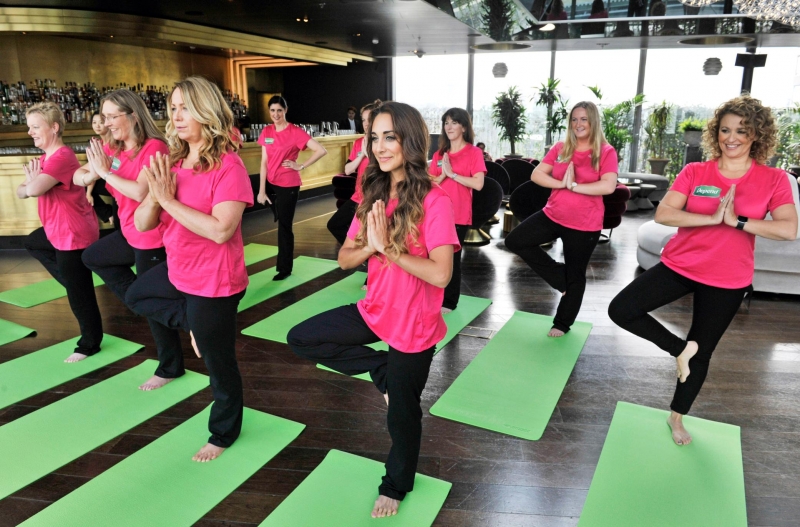
Photo: Adrian Brooks/Imagewise
In fact, the reason Depend held the event was that they have just brought their underwear product, Active-Fit, to the UK market, which is designed specifically for the active woman so she can get back the life she loves.
You might be reading this thinking that this isn’t an issue for you, that incontinence isn’t something you need to think about for quite a while yet. But Depend’s research shows that the average age at which incontinence starts in women is 46. It’s not something that only ‘old’ women experience.
So if you’ve got a running buddy who has stopped running without any obvious reason, or who seems more anxious than normal about the availability of toilets on a route, be kind as there might be more going on than you’ve realised. I’m not advocating that you ask them outright if they’re incontinent, but if we can start normalising the issue, we can help women find the courage to talk about it and find the support they need to carry on their lives as normal.
I spoke to two women at the event about their experiences with incontinence for a podcast which I will be publishing in a couple of weeks, and I’ll also be posting a blog about the practical steps that you can take if you experience incontinence. In the meantime, if you’d like to find out more information or chat with a community of women who also experience incontinence, you can visit Depend’s website: www.depend.co.uk
This post is supported by Depend.
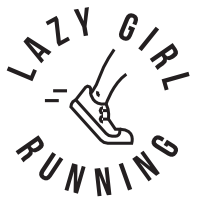


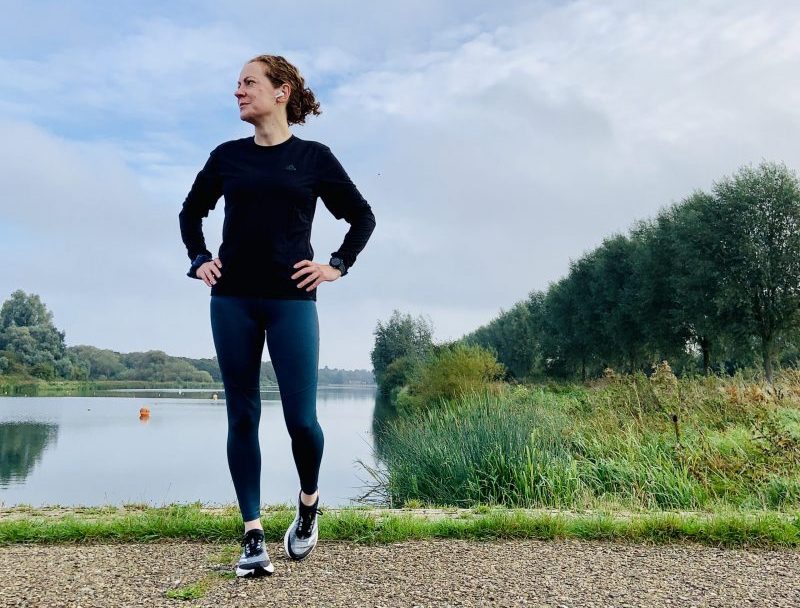
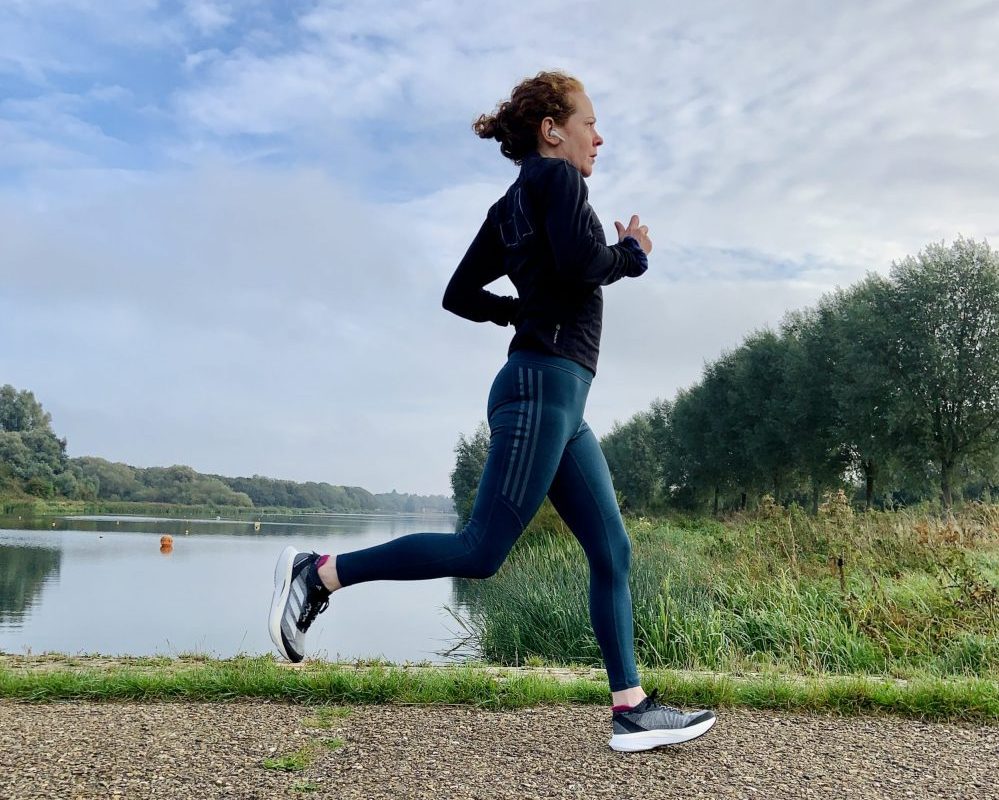
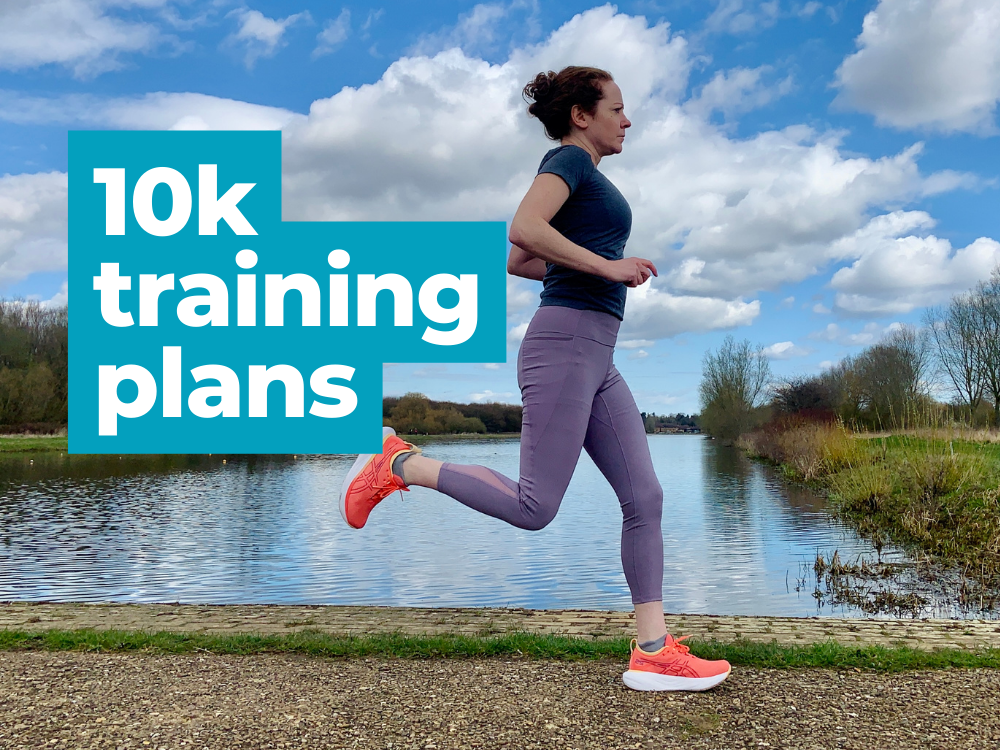
Interesting post. I know you weren’t referring specifically to women who have children, but here in Luxembourg, where I live, and in France, new mothers are given a prescription for pelvic floor re-education as a matter of course at their postpartum check-up. It’s a course of physiotherapy sessions over several weeks to re-train your pelvic floor muscles and prevent these kind of problems later on in life. It’s a shame it’s not something that’s talked about or widely treated in the UK.